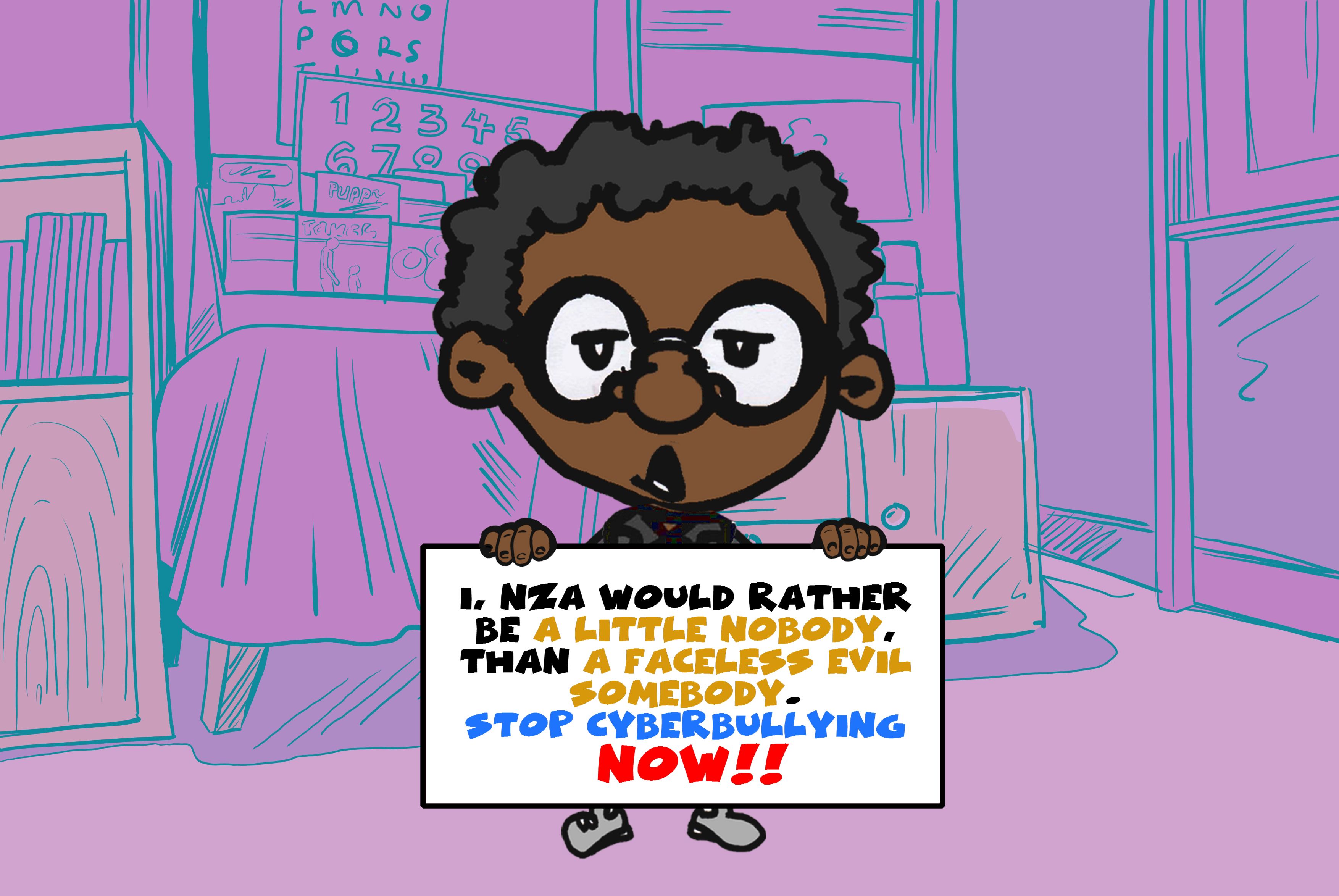Cyberbullying in Africa and the Consequences.
"If you are neutral in situations of injustice, you
have chosen the side of the oppressor. If an elephant has its foot on the tail
of a mouse and you say that you are neutral, the mouse will not appreciate your
neutrality." Desmond Tutu
One may call the above quote from Archbishop Desmond Tutu a warning, but
it sounds more than that. It equally captures the lingering - and often
neglected - social problems facing the world today, especially African
countries, which the human rights icon frequently criticised.
Technological advancement has come with its downsides in many countries; amongst the flaws, cyberbullying has grown astronomically with modern technology's development. The increasing accessibility of the internet and social media platforms across the continent has made cyberbullying a concerning problem, particularly among younger generations, thereby making cyberbullying a pervasive issue worldwide. Rather than using social media to engage in self-promotion and direct interaction with friends, family, and the public, it has become a combative platform for bullying, harassing, and intimidating other users. Typical forms of cyberbullying include harassment, spreading rumours, identity theft, and posting offensive or derogatory content.
What makes cyberbullying so dangerous is the fact that, in most cases,
the incidents are hardly reported. Some victims are bullied into being afraid
to report the cases. Often, when unacceptable violence is eventually reported,
law enforcement agencies hardly take the quick and appropriate steps needed to
resolve the aggression and stop it from repeating, spreading or getting out of
hand. Worse still, some victims even feel ashamed to expose the terror. Result?
Intimidation and harassment continue. The pugnacious social behaviour must stop!
We might underestimate the impacts of cyberbullying, but various serious
academic reports have pointed out the frightening consequences of cyberbullying
in our society, including but not limited to the issues below:
Mental health impacts: Cyberbullying in Africa, as
elsewhere, can have serious mental health consequences. Victims often suffer
from anxiety, depression, low self-esteem and, in extreme cases, suicidal
thoughts. The anonymity and reach of the Internet may increase the psychological
impact of cyberbullying.
Impact on Education: Cyberbullying affects students' ability to focus and learn, which in turn affects their academic performance. Victims who feel unsafe or unwelcome in the school environment may also be absent from school or drop out. The academic distractions may impact their ability to form meaningful relationships and engage in online and offline social activities.
Cybersecurity issues: Cyberbullying
often involves the misuse of personal information or hacking of accounts to
harass others. The misuse raises cybersecurity and data protection issues,
requiring strict measures to protect online users, especially minors.
Cyberbullying prevention and awareness:
The most challenging question is how exactly we, as government,
organisations, and individuals, have responded to this unacceptable
asocial threat? Many African countries have begun introducing laws and
regulations to combat cyberbullying. Depending on the seriousness of the crime
and the respective country's laws, perpetrators may face legal consequences
such as fines or imprisonment. But that is not enough.
If we keep quiet or become nonchalant in the face of aggression or when others are being bullied, we become bullies ourselves. We, therefore, must speak up, rather than being noncommittal in the face of oppression, otherwise, we become oppressors too. The time has come for all of us – irrespective of our gender – to wake up from our long slumber and take collective and decisive action against cyberbullying.
The first step to achieve
this task is to create awareness on different levels. Combating cyberbullying
in Africa requires a multifaceted approach, including collaboration between
governments, schools, parents, and technology companies. Communities can work
together to create a safer online environment by raising awareness, enforcing
laws, and promoting digital citizenship. The approach must include
educational programs, awareness campaigns and increasing digital literacy among
young people. These initiatives empower organisations, government and
individuals to identify and respond to cyberbullying effectively and promote a
positive online culture of respect and empathy.
Remember, if we are neutral in situations of injustice, we have chosen
the side of the oppressor. So let us channel our efforts towards
eradicating cyberbullying.

